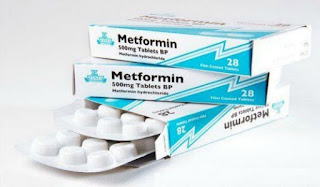If you are diagnosed with Type 2 diabetes the bad news is it is perceived as progressive and incurable, however there is a good news! Type 2 diabetes can be reversed through sustained weight loss. This means you need to do regular exercise and eating healthy.
Another way according to a latest study, consuming a small amount of whey protein before meals can help manage blood sugar level in person with type 2 diabetes. The research said the patients with type 2 diabetes were divided into two groups. One group took protein supplement before meals which contained a low dose of whey protein. While the other group where not given any protein supplement. Both group were monitored while they carry on with their daily routine.
The group who took whey protein supplement showed positive results from the glucose monitoring. Their glucose levels were much more controlled compared to the other group who did not take the protein supplement before meals. The group had two hours extra per day of normal blood sugar levels on average compared to those who did not have protein supplement. Their daily blood glucose levels were also lower by 0.6 mmol/L.
According to the research whey protein benefits people with type 2 diabetes
in two ways:
First, it slows down the process of which the food passes through the digestive system. Second, it stimulates a number of important hormones that prevent the blood sugars from shooting up so high.
The study is composed of 18 patients 50 to 56 years old with type 2 diabetes. They took a small drink of protein (100 ml) that contains 15 grams (0.5 ounces) of protein 10 minutes before breakfast, lunch, and dinner for over seven days and they stick to their prescribed diabetes medication. Their glucose were monitored continously and their blood glucose levels were tracked automatically throughout the duration of the study.
The study was done by the Human Nutrition Research Centre and Diabetes Research Group at Newcastle University, UK and is published by BMJ.
Top Whey Protein Powder

Dymatize ISO100 Hydrolyzed Protein Powder in Dunkin' Mocha Latte Flavor Price:
$39.99
Optimum Nutrition Gold Standard 100% Whey Protein Powder $34.99
Levels Grass Fed 100% Whey Protein $71.20
Naked Vanilla Whey Protein $23.99
Nutricost Whey Protein Concentrate $48.98





